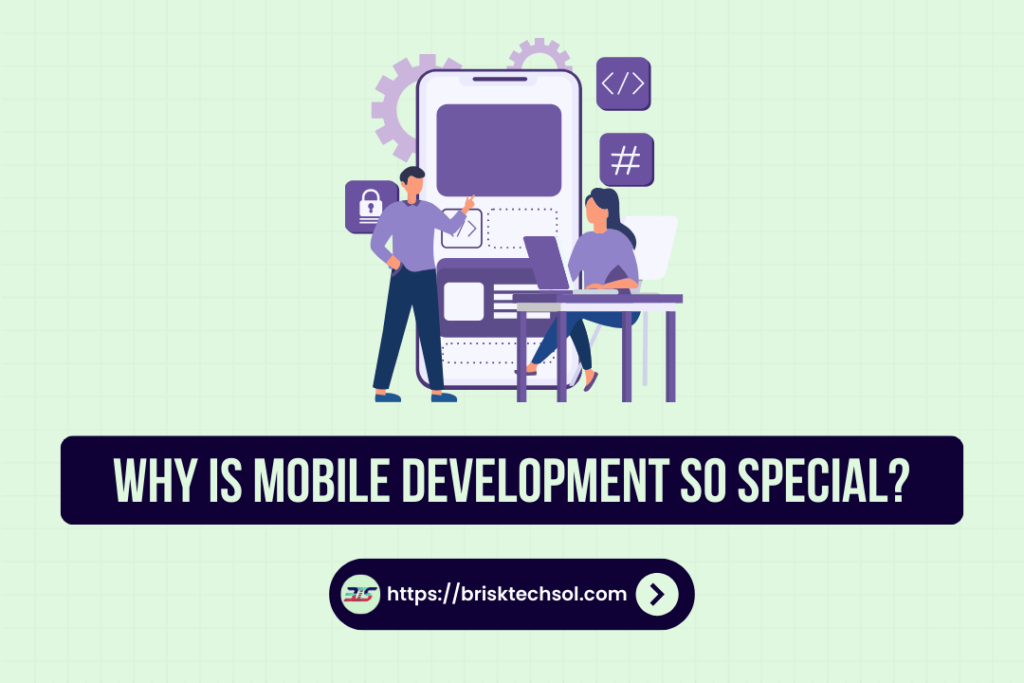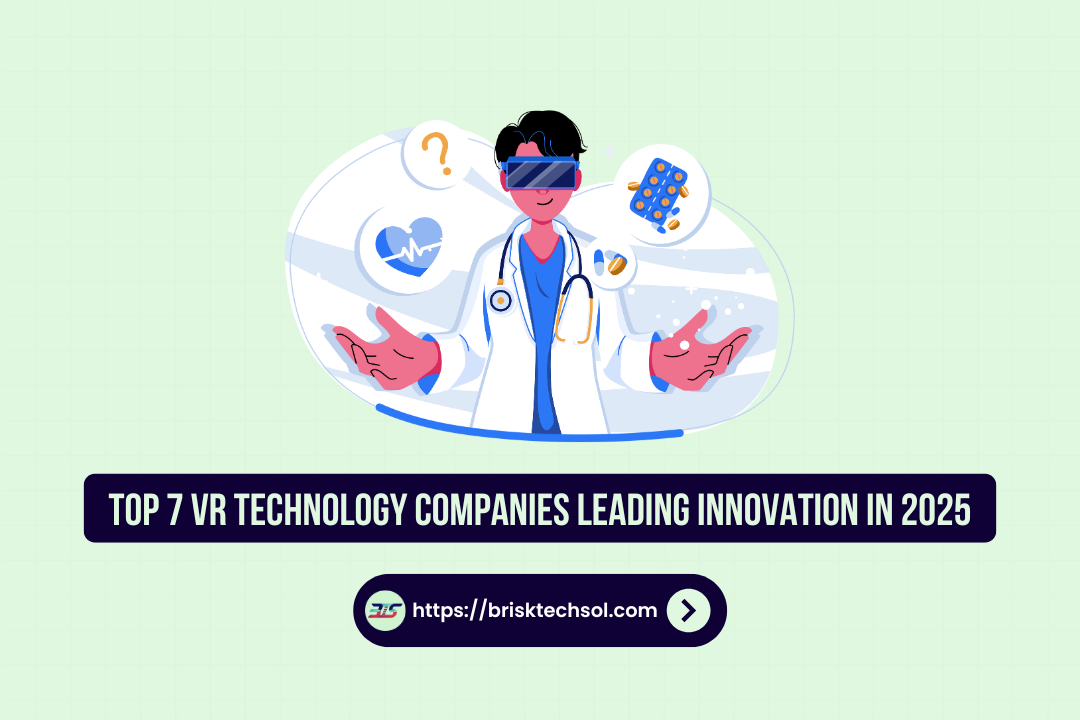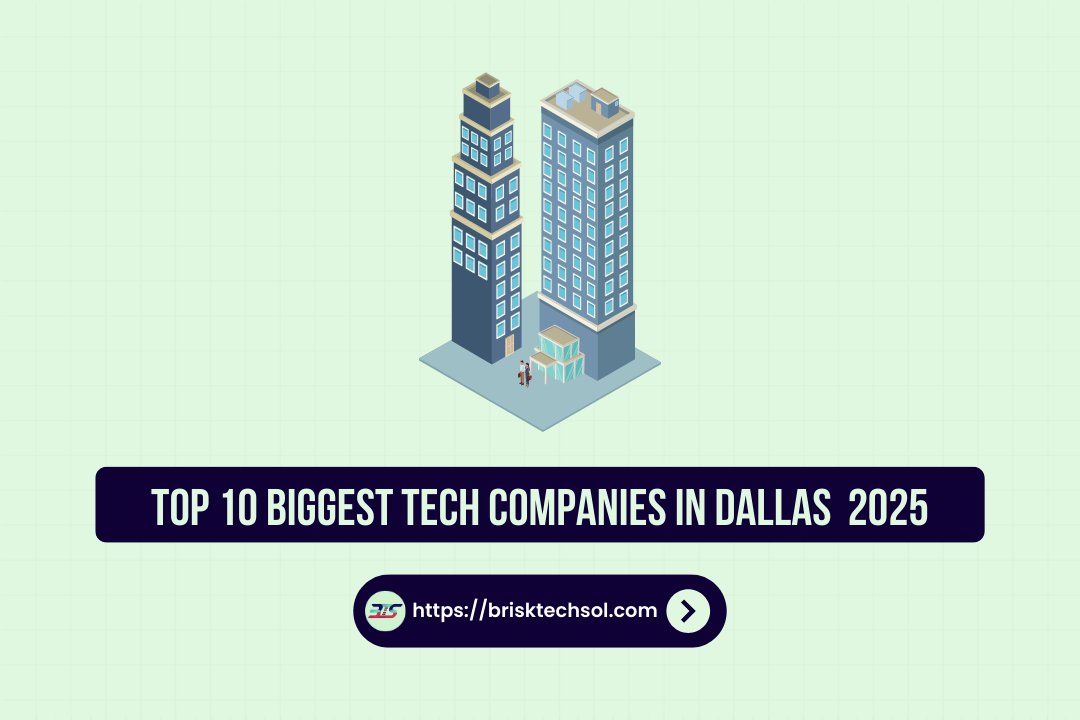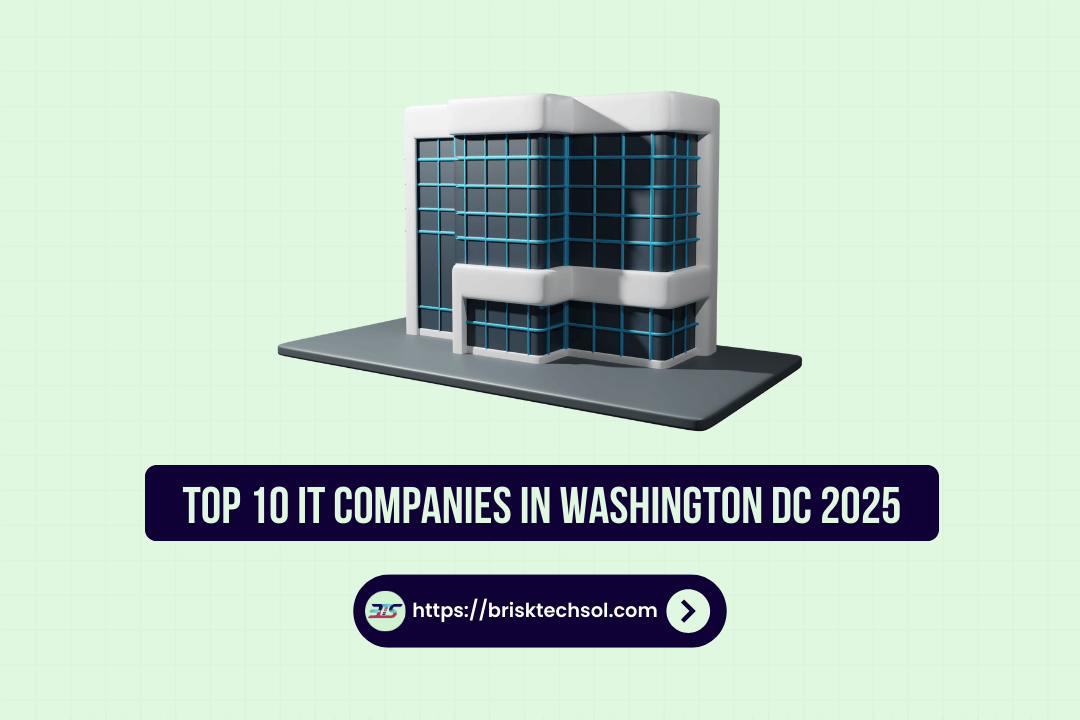Mobile development is changing the way we connect with technology, making our lives easier and more interactive. From smarter apps to designs that focus on user experience, it’s clear how essential mobile development has become. As technology keeps evolving, mobile development will continue to be a major force driving growth and shaping the future of the digital world.
The Rise of Mobile Development
Mobile development has evolved tremendously over the past decade, revolutionizing the way businesses and individuals interact with technology. From simple phone applications to complex systems integrated with Artificial Intelligence (AI) and Augmented Reality (AR), mobile apps are more essential than ever.
Statistical Growth and Market Share
The rise of mobile development can be attributed to the explosive growth in smartphone and tablet usage worldwide. According to Statista, there were approximately 6.8 billion smartphone users globally in 2023, with mobile apps generating over $300 billion in revenue in the same year. This surge has made mobile development one of the most lucrative and influential sectors in technology.
Drivers of Mobile Development
Several factors have contributed to the prominence of mobile development:
- Smartphone Penetration: With mobile devices becoming the primary means of accessing the internet, app development has shifted focus to meet user needs on these platforms.
- 5G Networks: The roll-out of 5G networks has significantly boosted mobile app capabilities, offering faster speeds and lower latency for richer, more responsive app experiences.
- App Ecosystem Growth: The App Store and Google Play Store have created a thriving marketplace, further incentivizing developers to create apps for diverse needs.
The Specialization of Mobile Development
Mobile development stands out from traditional software development due to its unique constraints and requirements. It’s not just about creating an application it’s about ensuring that it operates seamlessly on a variety of devices and operating systems.
What Makes Mobile Development Unique?
The key to mobile development’s special nature lies in the mobile-specific challenges it presents:
- Platform Diversity: Mobile apps need to work across a wide array of devices, each with varying screen sizes, hardware capabilities, and operating systems (Android vs. iOS).
- User Expectations: Mobile users demand high-quality, fast, and intuitive apps. The mobile experience is expected to be smooth and responsive, which requires specialized knowledge and tools.
- Resource Limitations: Mobile devices, while powerful, have more limitations compared to desktops or web applications. Developers must consider battery life, storage capacity, and processing power when building apps.
Mobile-Specific Challenges and Opportunities
Building a mobile app isn’t as simple as coding for a desktop environment. The constraints of mobile devices—such as limited screen space, touch-based input, and lower processing power create challenges that developers must overcome. However, these challenges open up opportunities for innovation, forcing developers to design optimized solutions and more engaging user experiences.
Technologies in Mobile Development
A wide variety of technologies power the mobile development landscape, each playing a critical role in creating innovative apps. Understanding these technologies is crucial for developers looking to stay competitive in the industry.
Native vs. Hybrid Apps
One of the most critical decisions in mobile development is choosing between native or hybrid apps. Native apps are built specifically for one platform (iOS or Android), providing superior performance and access to device-specific features. However, they require separate codebases for each platform. On the other hand, hybrid apps use a single codebase that runs on multiple platforms, which can be a more cost-effective approach but may sacrifice performance and access to some native features.
Mobile Frameworks
Mobile development frameworks like React Native, Flutter, and Xamarin have changed the game. These frameworks allow developers to write once and deploy across multiple platforms, saving time and resources.
- React Native: A framework that enables building mobile apps using JavaScript and React. It’s highly popular due to its flexibility and ease of integration with existing native code.
- Flutter: Developed by Google, Flutter is a UI toolkit for building natively compiled applications for mobile, web, and desktop from a single codebase.
- Xamarin: A Microsoft-backed platform that enables cross-platform mobile app development using C#.
The Role of AI, AR/VR, and Machine Learning in Mobile Development
Technologies such as Artificial Intelligence (AI), Augmented Reality (AR), and Machine Learning (ML) have begun to shape the future of mobile apps:
- AI: AI is used for predictive analytics, chatbots, and personalized user experiences in mobile apps.
- AR/VR: Augmented and Virtual Reality are transforming industries like retail, gaming, and education by providing immersive, interactive experiences.
- ML: Machine learning allows apps to adapt and personalize based on user behavior and preferences.
Mobile User Experience (UX) and Design
In mobile development, UX/UI design is crucial because a poorly designed app can lead to poor user retention and low ratings. Mobile apps have unique UX/UI needs compared to desktop or web applications, as mobile users interact with touch screens, and the apps must be optimized for smaller screens and various device types.
Importance of UX/UI Design in Mobile Apps
Mobile app design has a significant impact on user experience. A study by Google found that 53% of mobile users will abandon a website or app if it takes longer than three seconds to load. Thus, developers must focus on providing a seamless and aesthetically pleasing experience that enhances user satisfaction and drives retention.
Mobile App Design Features
Effective mobile UX/UI design focuses on:
- Simplicity: Minimizing clutter and providing a clean, user-friendly interface.
- Navigation: Easy navigation ensures users can find what they need without frustration.
- Performance: Ensuring smooth transitions and quick response times for a superior experience.
The Business Impact of Mobile Development
Mobile development isn’t just a technological pursuit—it’s a business necessity. The increasing importance of mobile apps in the modern business ecosystem has led to a significant shift in how businesses operate and engage with customers.
Business Growth and Monetization Opportunities
Mobile apps have proven to be an effective tool for businesses looking to expand their reach. Apps allow companies to:
- Enhance customer engagement: Through notifications, personalized content, and real-time interactions.
- Create new revenue streams: With in-app purchases, advertisements, and subscriptions.
- Strengthen brand loyalty: Providing an easily accessible and branded experience for customers.
Why Businesses Prioritize Mobile Development
Businesses are increasingly prioritizing mobile development because it offers a direct communication channel with customers, boosts operational efficiency, and helps in gathering valuable customer data. The mobile-first approach is essential for companies that want to remain competitive in today’s digital marketplace.
Mobile App Trends in 2025
By 2025, mobile development will continue to integrate AI, machine learning, AR/VR, and advanced cloud-based services, making mobile apps even smarter and more integrated into daily life.
Conclusion
Mobile development stands out because it’s at the heart of the future of technology and how we interact with it. With every new advancement in mobile app capabilities, design that focuses on the user experience, and its growing impact on business success, it’s clear why mobile development is so essential today. As both businesses and developers continue to adopt new technologies, mobile development will continue to be a key driver in shaping the digital economy for years to come.
FAQ‘S
What makes mobile development different from other types of development?
Mobile development focuses on creating apps for smartphones and tablets, optimized for touch interfaces and portability. Unlike web or desktop development, mobile apps must also work across various devices and platforms.
How do mobile apps benefit businesses?
Mobile apps enhance customer engagement, create direct communication channels, and generate new revenue streams through in-app purchases and advertisements.
What is the future of mobile development?
The future of mobile development involves advancements in AI, 5G, foldable devices, and IoT, creating more immersive and intelligent app experiences.
What are the most common challenges in mobile app development?
Common challenges include platform fragmentation, device limitations, user expectations, and performance optimization across different devices and operating systems.
How can businesses keep up with mobile app trends?
Businesses can stay ahead by embracing cross-platform development, staying informed about emerging technologies, and focusing on user-centered design principles.









